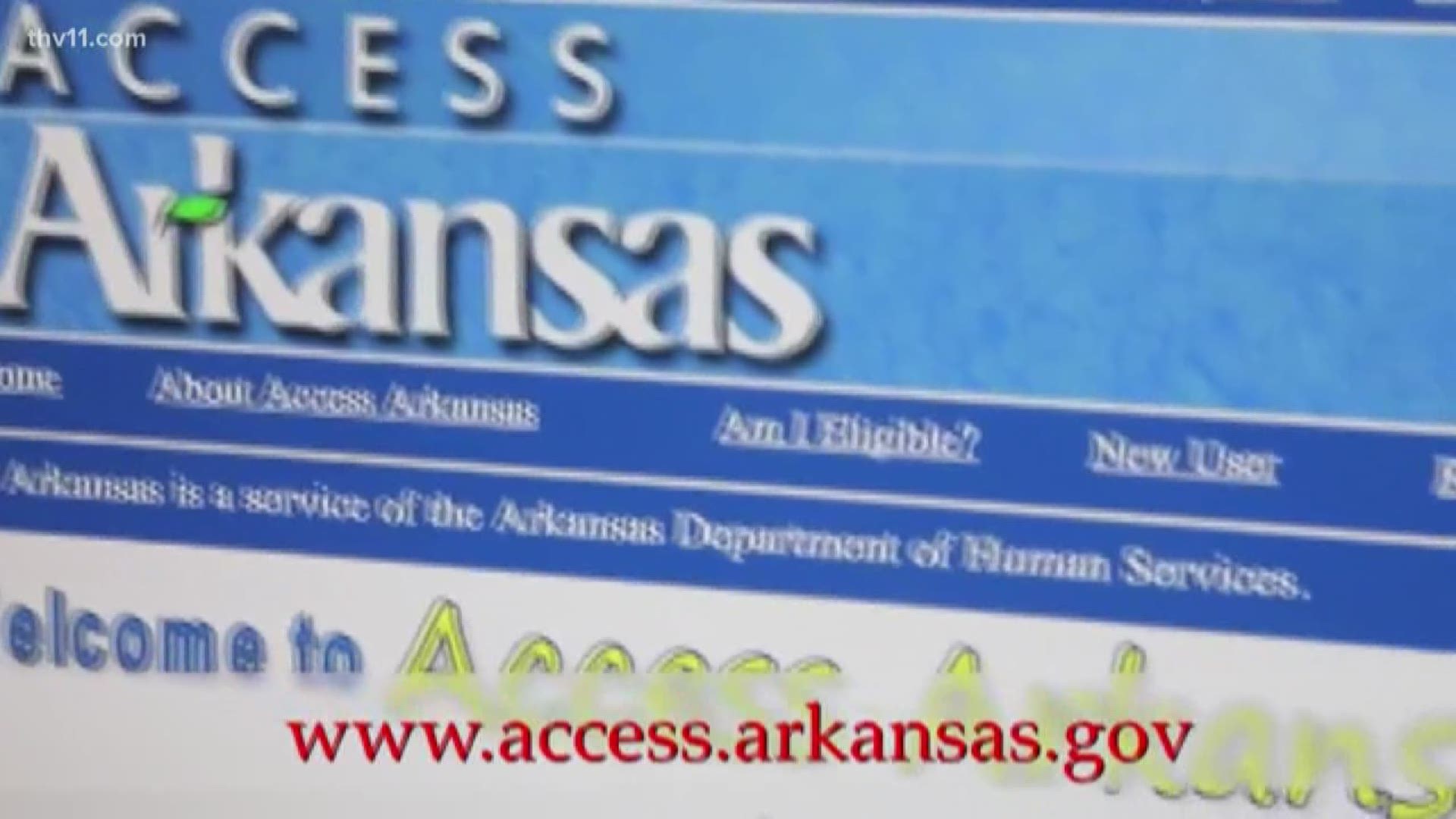ARKANSAS, USA — Announced plans by the Centers for Medicare and Medicaid Services to offer states waivers to fund programs like Arkansas Works with block grants are set to be embraced by Governor Asa Hutchinson, but have critics concerned they will limit health care to people with low-incomes.
"If the state budget is set and then you wouldn't be able to expand in case of a downturn in the economy," said Loretta Alexander, the health policy director for Arkansas Advocates for Children and Families.
CMS administrator Seema Verma announced the "Healthy Adult Opportunities" program this week. The policy would allow states to apply up-front for a set amount of money from the federal government to pay for recipients who received Medicaid thanks to the expansion of the program under the Affordable Care Act.
It allows states better budget controls and, supporters say, greater flexibility. But advocates like Alexander say getting a set amount of money eliminates flexibility if conditions change.
"It limits the opportunity for states to draw down federal money, and Arkansas is a state that needs that money," she said. "If you have a natural disaster or some other major something that happens where the state would need more money, it would limit the amount of money."
Arkansas is already experimenting on this. Arkansas Works takes the money the federal government pays for Medicaid and buys people private health insurance.
But Gov. Hutchinson (R-AR) has been worried about the growing share the state has to pay since taking office in 2014. To that end, he pushed to create a work requirement to take part in the Medicaid expansion. It aimed to move people into jobs, but it also ended up knocking thousands off the rolls. A federal judge has it on hold.
The Arkansas legislature passed a law that requires the state pursue block grants. Those efforts will go forward even though similar proposals and fears of people losing coverage were at the center of the failed effort to fix Obamacare in 2017.
People like Alexander will keep bringing that up.
"We support people working and being able to get the benefits from insurance or from the marketplace," she said. "But we also take the very strong position that we want people to be taken care of one way or the other."

